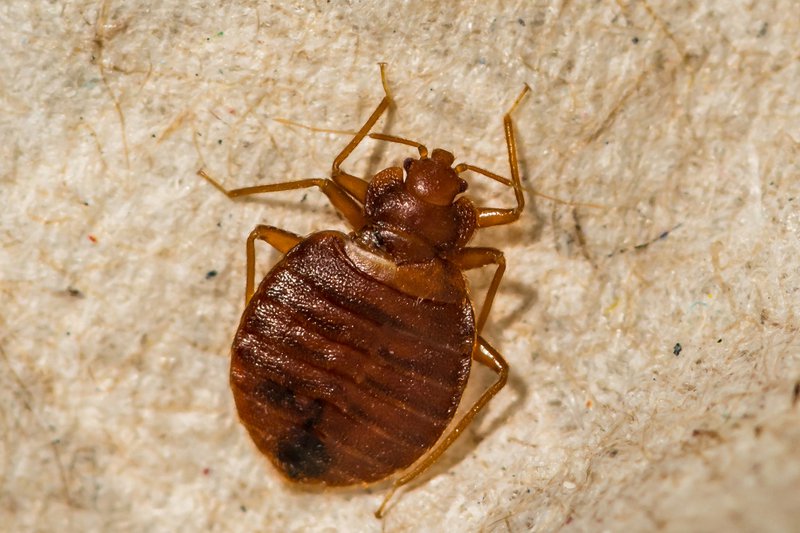Travelling tips: How to avoid bed bugs
Updated | By Poelano Malema
Here is how you can limit the risk of bed bug hitchhikers while travelling.

The recent bed bug outbreak in Paris is giving all of us the shivers. With many South Africans currently visiting the City of Lights for the Rugby World Cup, we're hoping they take all precautions to avoid bringing these critters home with them.
Besides being very annoying and extremely hard to get rid of, bed bug bites can also result in an allergic reaction and may lead to secondary infections, such as impetigo, folliculitis, or cellulitis, reports Healthline.
These insects are found all over the world and can easily spread. Because they are so tiny in size, it is easy to not know you have an infestation before it's too late. They often hide in bedding, luggage, seams and tags of the mattress, headboards and behind wall decorations such as paintings and pictures.
Because bed bugs can hide in luggage, it is easy to carry them in your bag while travelling without realising.
READ: Three easy activities to keep the kids busy while traveling
How to avoid bed bugs when travelling
To avoid bed bugs when travelling, it is advisable to use hard-cased luggage because bed bugs attach easier to fabric than to rigid materials. So the hard material will make it difficult for them to gain access to the inside of your bag.
It is also advised to use a metal luggage rack because bed bugs cannot easily climb metal surfaces.
Alternatively, you can cover your suitcase in a plastic or protective cover which will make it difficult for bed bugs to access your luggage.
If you are sleeping at a hotel or lodge, inspect the mattress seams, and alert the owners if you find any bed bugs.
Look out for any bed bugs, even dead ones, any sign of their eggs, fecal pellets and stains or skin that has been shed.
When you get home from travelling, clean and wash all the luggage items from your trip in hot water. Also vacuum your suitcase.
Signs of bed bug biting
If you have been bitten by a bed bug, you might experience red and swollen spots on your skin with a dark spot at the center of each bite. The bites might be arranged in lines and will be itchy or burning.
You might also have fluid-filled blisters.
According to Mayo Clinic, bed bug bites usually clear up without treatment in a week or two
READ: France launches anti-bed bug offensive
What to do if you have bed bug bites
Better Health gives the following guide for dealing with bed bugs bites:
- Resist the urge to scratch.
- Use calamine lotion or anaesthetic creams to treat the itching.
-Wash the bites with antiseptic soap to reduce the risk of infection.
- Apply an icepack frequently to help relieve swelling.
- Take pain-relieving medication if symptoms are severe.
Disclaimer: Health-related information provided in this article is not a substitute for medical advice and should not be used to diagnose or treat health problems. It is always advisable to consult with your doctor on any health-related issues.
More From Jacaranda FM
Image courtesy of iStock/ @JasonOndreicka
Show's Stories
-
Hilarious moment JHB husband reveals painting of wife
When you see yourself through the eyes of your spouse...
The Workzone with Alex Jay 1 day, 3 hours ago -
Get ready to roller skate at Rollercade Pretoria
Have you visited Menlyn Park's biggest and best roller-skating family ri...
The Workzone with Elana Afrika-Bredenkamp 1 day, 3 hours ago